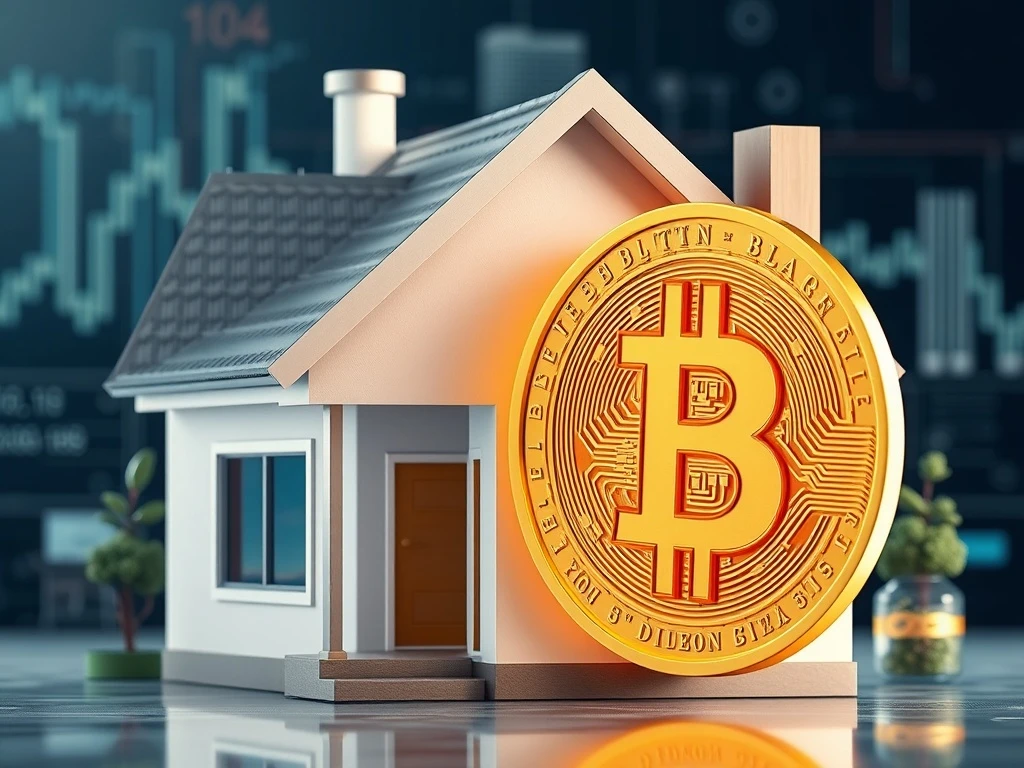Senator Lummis Boldly Proposes Crypto as Mortgage Collateral in Revolutionary 21st Century Act

In a groundbreaking move, Senator Cynthia Lummis has introduced the 21st Century Mortgage Act, which could revolutionize how younger Americans secure home loans by allowing crypto mortgage collateral. This bold proposal aims to bridge the gap between traditional finance and the digital asset economy.
What Does the 21st Century Act Propose?
The 21st Century Mortgage Act seeks to:
- Recognize digital assets as valid mortgage collateral
- Eliminate the requirement to convert crypto to USD for loan applications
- Apply to government-backed lenders like Fannie Mae and Freddie Mac
- Transform informal FHFA guidance into binding law
Why Crypto as Mortgage Collateral Matters Now
With 21% of U.S. adults holding digital assets and only 36.6% of Americans under 35 owning homes (a 40-year low), this legislation could:
| Opportunity | Challenge |
|---|---|
| Modernizes lending standards | Crypto volatility concerns |
| Reflects younger investors’ wealth | Potential market instability |
| Expands homeownership access | Fraud and liquidity risks |
The Political Battle Over Digital Assets in Mortgages
While supporters argue crypto mortgage collateral represents progress, critics like Senators Warren and Sanders warn about:
- Speculative nature of digital assets
- Potential for rapid value depreciation
- Systemic risks to housing markets
Expert Views on Crypto in Mortgage Eligibility
Housing economist Sarah Montoya suggests that with proper safeguards, this could make home loans fairer without creating undue lender risk. The Digital Asset Policy Alliance emphasizes that current systems fail to recognize how younger generations build wealth.
What’s Next for the 21st Century Act?
The bill’s success hinges on Congress’s ability to establish clear standards for evaluating digital assets in mortgage lending. If passed, it could mark a historic integration of modern finance with traditional systems.
FAQs
Q: How would crypto be valued as mortgage collateral?
A: The bill would require establishing standardized valuation methods for digital assets.
Q: Which cryptocurrencies would qualify?
A: The legislation would need to define which digital assets meet reliability standards.
Q: How does this help younger homebuyers?
A: It recognizes crypto holdings as legitimate wealth, which many traditional systems currently ignore.
Q: What are the biggest risks?
A: Volatility and potential for rapid devaluation during market downturns pose significant concerns.









